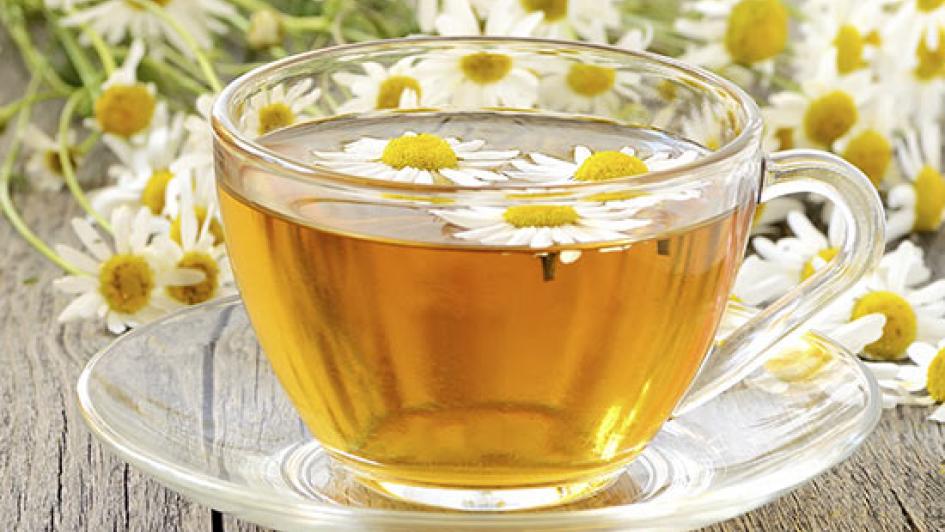Seven Herbs to Support Immunity

Published
In light of the current outbreak of the Coronavirus, we wanted to support you and your family in staying healthy this winter in whatever way we can! You should certainly be following all the current guidelines your local and state health departments put forward, but we can also make sure we are at our healthiest to support our body and immune system! In addition to healthy lifestyle practices - including a sensible diet, exercise, enough sleep and low stress - many common herbs can keep our immunity strong through the cold and flu season.
Bastyr's naturopathic medicine department, says these seven medicinal herbs (some of which may be in your kitchen right now) can help support your immunity:
- Elder (Sambucus)
Elder helps the body form powerful mucosal surfaces, strengthening our first line of defense against cold and flu. “Elder strengthens that tissue and helps make it more resistant, so the virus can’t attach and replicate as easily,” says Dr. Brammer. Elder is also diaphoretic, she explains, “which means it induces sweating, it increases white blood cell activity and actually increases your body temperature just a little bit, which means the virus has more difficulty reproducing.” Elderberry is often taken as syrup or in capsules, while elderflower is often infused in a tea to ease congestion. - Yarrow (Achillea)
Like Elder, yarrow is diaphoretic. Yarrow is also anti-inflammatory and anti-microbial, and its bitter quality aids in digestion. It is astringent, meaning it retains water in the body and tightens the gaps between cells to slow virus mobility across tissues. Yarrow can also help alleviate symptoms once you’ve caught an illness. “If you have congestion, I love this in a tea,” says Dr. Brammer. - Mint (Mentha)
“Mint is such a great medicine; it does everything,” says Dr. Brammer. Mint has anti-inflammatory and anti-microbial properties. It can be used to relax tight muscles and reduce gas or bloating, and its analgesic properties help reduce pain. Mint can be taken as a tea, or by adding the essential oil to hot water and inhaling the steam, using a towel over your head to create a steam tent. - Boneset (Eupatorium)
“This one is great for flu, when you get that deep ache and you can’t even go to sleep because your body aches so much,” says Dr. Brammer. In addition to alleviating aches, boneset is diaphoretic and stimulates the immune system. It has astringent qualities in small doses and laxative qualities at higher doses. It is typically taken in either a tincture or tea. - Yerba Sante (Eriodictyon)
“Yerba Sante is incredibly medicinal — great for your lungs and your respiratory system,” says Dr. Brammer. Yerba Santa may be used as a bronchodilator to help alleviate cough and is sometimes prescribed by naturopathic physicians for asthma relief. Yerba Sante is a “drying herb” and is recommended for wet rather than dry cough. It is typically taken as a tincture or a tea. - Thyme (Thymus)
Thyme is ubiquitous in the kitchen but less well-known for its medicinal qualities. “If you’re ever at home and coming down with the flu and you don’t know what to do, make some thyme tea,” says Dr. Brammer. Thyme has anti-inflammatory and calming effects. With its mild scent and flavor, thyme is great for kids or adults when used in a steam tent to help with cough and congestion. - Chamomile (Matricaria)
“Chamomile does everything. It’s a tonic to the nervous system; it is anti-viral, antimicrobial, great for the respiratory system, and it tastes good. This is one herb I think everyone should have in their cabinet,” says Dr. Brammer. Chamomile may be taken as a tea, as a tincture in a vapor tent or may be applied topically.
Source: “Supporting Immunity at Home,” a talk in the fall 2011 Living Naturally Lecture Series at Bastyr Center for Natural Health in Seattle. Watch the video:

